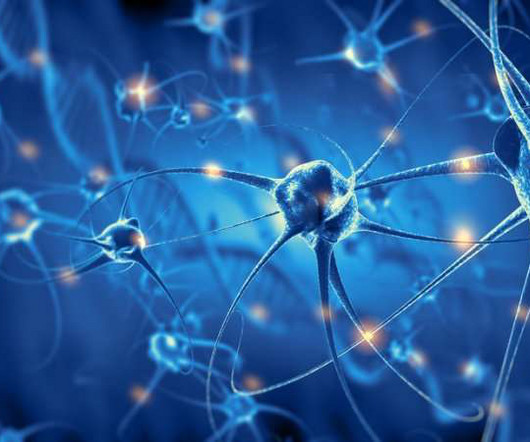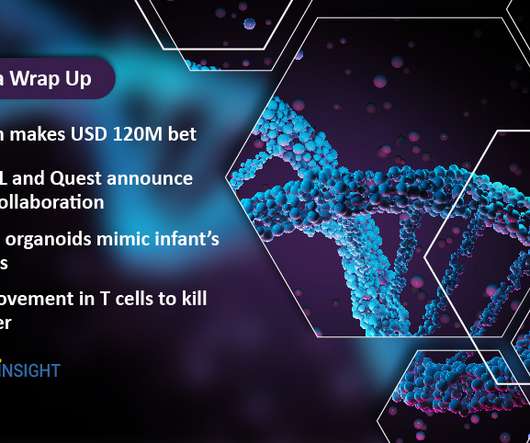Potential disease-modifying therapy for Parkinson’s disease
Drug Discovery World
NOVEMBER 28, 2023
The peer-reviewed article titled ‘Knockout or inhibition of USP30 protects dopaminergic neurons in a Parkinson’s disease (PD) mouse model’ was the result of collaborative work between Cambridge University, Harvard Medical School, and Mission Therapeutics.














Let's personalize your content